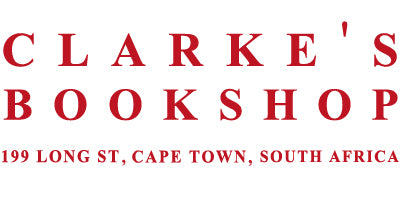WHY MUGABE WON, the 2013 elections in Zimbabwe and their aftermath
193pp., paperback, Reprint, Cambridge (2017) 2020
"This book is an important contribution to our evolving understanding of Zimbabwe's 'guided' democracy and the entrenched challenges of reform and recovery. The 2013 polls secured Zanu-PF victory, but not legitimacy. The detail examined in this book highlights the importance of employing a wider angle lens to understand the political economy of command and control during elections, especially where constraining conditions of coercive nationalism have become entrenched." Piers Pigou, Southern Africa Senior Consultant, International Crisis Group
"Stephen Chan and Julia Gallagher's study of the 2013 Elections in Zimbabwe is fascinating, identifying the Election as a watershed both for Zanu-PF, the ‘Liberation Party', and the MDC, the once formidable opposition Party formed on a popular foundation of Human and Property Rights. It debunks the claim that ZANU PF ‘stole' the Elections, and instead demonstrates five years of political mobilization following its drastic loss of the 2008 Elections. In comparison MDC has been unable to develop policies and practical solutions based on deep national foundations. New political and economic paths are now taking shape, but the outcomes are not clear." Fay Chung, former Minister of Education for Zimbabwe
Stephen Chan OBE was the Foundation Dean of Law and Social Sciences at the School of Oriental and African Studies, University of London, and was 2010 International Studies Association Eminent Scholar in Global Development. He was 2015 Konrad Adenauer Chair of Academic Excellence at Birzeit University, Palestine and 2016 George Soros Chair of Public Policy at the Central European University, Budapest. A former member of the Commonwealth Secretariat, his books include Grasping Africa: A tale of achievement and tragedy, Citizen of Africa: conversations with Morgan Tsangirai and Robert Mugabe: A life of power and violence.
Julia Gallagher teaches African Politics at Royal Holloway, University of London. She is the author of Zimbabwe's International Relations, fantasy, reality and the making of the state

